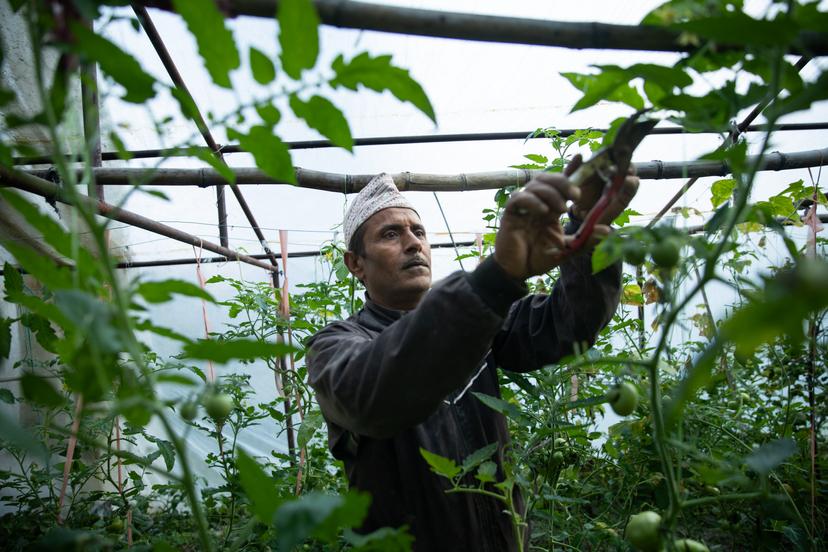France
In France, education is mandatory until the age of 16. Children have to be educated in a public (free and secular) or private school. With permission, education may also be provided in the family. This obligation applies from the age of 3, for all French or foreign children residing in France. In 1971, the French Ministry of Education issued the first circular on school catering, which marked the beginning of school meal nutrition guidelines in France. Recommendations were formulated regarding the safety and nutritional quality of the meals served. They were regularly updated until they became compulsory, in 2011, under a legislative framework imposing a list of rules, including the number of components in a meal and the frequency of service of certain types of dishes. More recently, criteria concerning the environmental (quality products, organic products, vegetarian meals) and social sustainability have been integrated into school meal public policies. click here to learn more
School Meals
Number of pre-primary, primary and secondary school children receiving school meal
Enrolment
Children enrolled in primary schools in France
Jobs
Jobs created as a result of school feeding
Funding
Annual financial investment in school meals
Policy Frameworks
Has France adopted a school meals policy?
Complementary Activities
Implemented in conjunction with school meals
SDG4
Proportion of school-attending children receiving school meals (coverage).
Coming Soon
Emerging Research on School Health and Nutrition

Value for money
This indicator aims to quantify the returns of national school meal programmes across multiple sectors, including education, health, social protection, and agriculture. The economic methodology and analyses build upon the global model previously developed jointly by World Food Programme, Harvard T.H. Chan School of Public Health, and the Research Consortium for School Health and Nutrition. The study is currently being finalised in eight African countries that is, Malawi, Niger, Cote D’Ivoire, Ethiopia, Burundi, Namibia, Sierra Leone, and Mozambique.

BOND-KIDS
Biomarkers of Nutrition for Development-Knowledge Indicating Dietary Sufficiency (BOND-KIDS)
School-age (between 5 and 19 years) represents a range of critical stages in both physical and neurological development. Each developmental stage is nutritionally sensitive and demands food security, ensuring stable access to and availability of a high-quality diet to meet nutritional requirements. The BOND programme, an international collaboration led by the Paediatric Growth and Nutrition Branch of the US Department of Health and Human Services, began in 2010 with a focus on discovery, development, and implementation of reliable and valid biomarkers to assess nutrient exposure, status, function, and effect. The BOND-KIDS project continues the effort to understand and harmonize biomarkers with a focus on school-age children, to address a range of issues impacting the domestic and global food and nutrition enterprise, including food insecurity.

